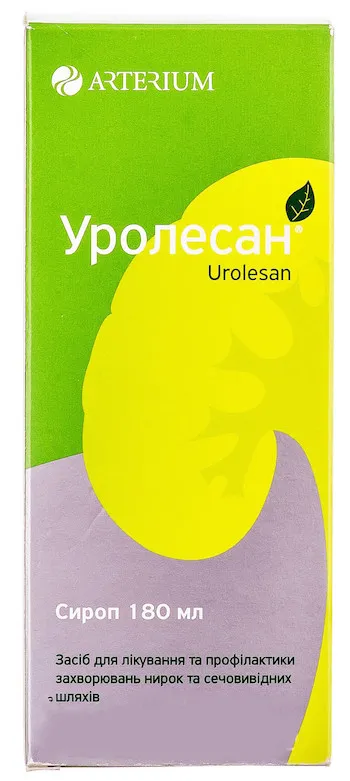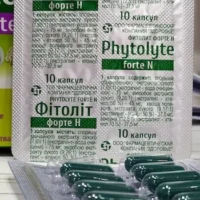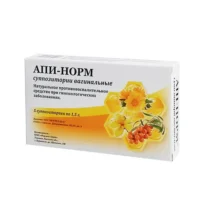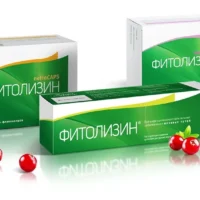Description
Urolesan Syrup
Ingredients
- Active ingredients: Fir oil, wild carrot fruit extract.
Dosage
- Recommended dosage:
- Adults and children over 12 years: 1 tablespoon (15 ml) 3 times a day.
- Children 5-12 years: 1 teaspoon (5 ml) 3 times a day.
Indications
- Indicated for: Urinary tract infections, kidney stones, and urinary tract inflammation.
Contraindications
- Avoid use in: Pregnancy, breastfeeding, and known hypersensitivity to any of the ingredients.
Directions
- How to use: Shake well before use. Take the syrup diluted in a small amount of water during meals.
Scientific Evidence
Fir oil has antimicrobial and anti-inflammatory properties. Wild carrot fruit extract acts as a diuretic and antiseptic for the urinary system. Research in the Journal of Ethnopharmacology highlighted fir oil’s antibacterial activity against common urinary pathogens.
Additional Information
- Urolesan syrup combines fir oil and wild carrot fruit extract to support urinary health.
- Fir oil reduces urinary tract inflammation, while wild carrot fruit extract aids in toxin elimination through diuresis.
- Clinical trials have shown Urolesan syrup’s effectiveness in alleviating urinary tract infection and kidney stone symptoms.
- The synergistic action of fir oil and wild carrot fruit extract in Urolesan syrup provides a holistic approach to urinary tract disorders.
- Urolesan syrup offers a natural alternative with fewer side effects and lower antibiotic resistance risk compared to conventional treatments.





